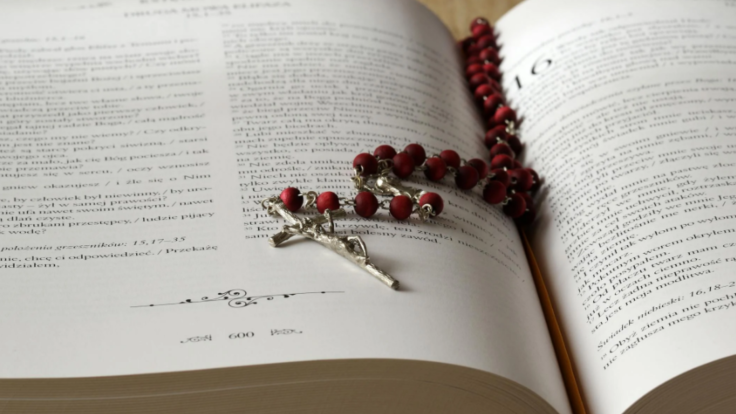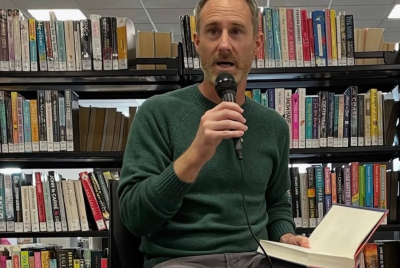What Is A Maronite Catholic? Did Religion Lead Grieving Father To Forgive Oatlands Killer Samuel Davidson?
After losing three children in a crash, Danny Abdallah shocked many by forgiving the driver. His Maronite faith offers vital context.

On 1 February 2020, four children were killed when a drunk driver mounted a footpath in Oatlands, a suburb in western Sydney. Among them were Antony, Angelina, and Sienna Abdallah — aged 13, 12, and 8 — and their cousin Veronique Sakr, aged 11. The driver, Samuel William Davidson, later pleaded guilty to four counts of manslaughter.
The children had been walking to buy ice cream when the crash happened. Davidson, who was under the influence of drugs and alcohol, lost control of his vehicle and struck the group. He was sentenced to 28 years in prison, with a non-parole period of 21 years — later reduced to 15 years after a successful appeal.
In a recent televised interview from inside Cessnock Correctional Centre, the children's Maronite Catholic father, Danny Abdallah, said he would release Davidson if it were up to him. Was this opinion shaped by his faith?
Who Are The Maronite Catholics?
Danny Abdallah is a member of the Maronite Church, one of the largest Eastern Catholic churches. The Maronite Church is in full communion with the Roman Catholic Church but retains its own liturgy, history, and identity. It is named after St. Maron, a 4th-century Syrian hermit, and became an independent church under St. John Maron in the 7th century.
Maronites are historically based in Lebanon, where they have played a central role in politics, especially since the country's independence in 1943. Under the Lebanese National Pact, the presidency is always held by a Maronite Christian. Despite centuries of foreign rule, including Ottoman and French control, the Maronites maintained their religious practices and cultural identity.
The Church uses the ancient West Syrian liturgy, often in Syriac, and its patriarch resides near Beirut. Today, Maronites are spread across the globe due to emigration, particularly to Europe, the Americas, and Australia.
Did Maronite Beliefs Shape Abdallah's Forgiveness?
Maronite Catholicism shares the core Christian principles of repentance, mercy, and forgiveness. These beliefs are based on the teachings of Jesus Christ, including the directive to forgive 'seventy times seven'. The faith places high value on reconciliation, prayer, and enduring suffering through spiritual strength.
Danny Abdallah has previously spoken about the role of his faith in coping with his family's tragedy. His capacity to forgive the man who killed his children has drawn widespread attention. In the 7NEWS Spotlight interview, he said that justice, to him, would be having his children back and no sentence could change the grief he feels.
He stated: 'If it was up to me, I'll bring him out tomorrow. I know the guy.' He explained that Davidson's imprisonment does not ease his pain, nor would his release worsen it. Abdallah added: 'I've learned justice isn't really for the victims... It doesn't change how I feel.'
Faith, Forgiveness, And Grief
Abdallah's comments have led to discussion online about how faith can shape responses to tragedy. His Maronite upbringing may have influenced his view of forgiveness not as approval of the crime, but as a release from hate. He continues to grieve, but has repeatedly said he refuses to let anger define him.
The Maronite Church has a long tradition of perseverance in the face of violence and hardship, rooted in centuries of struggle in the Middle East. While each believer responds differently to trauma, Abdallah's words and actions reflect a religious background steeped in forgiveness and endurance.
As of 18 August 2025, Davidson remains in custody.
© Copyright IBTimes 2025. All rights reserved.





















